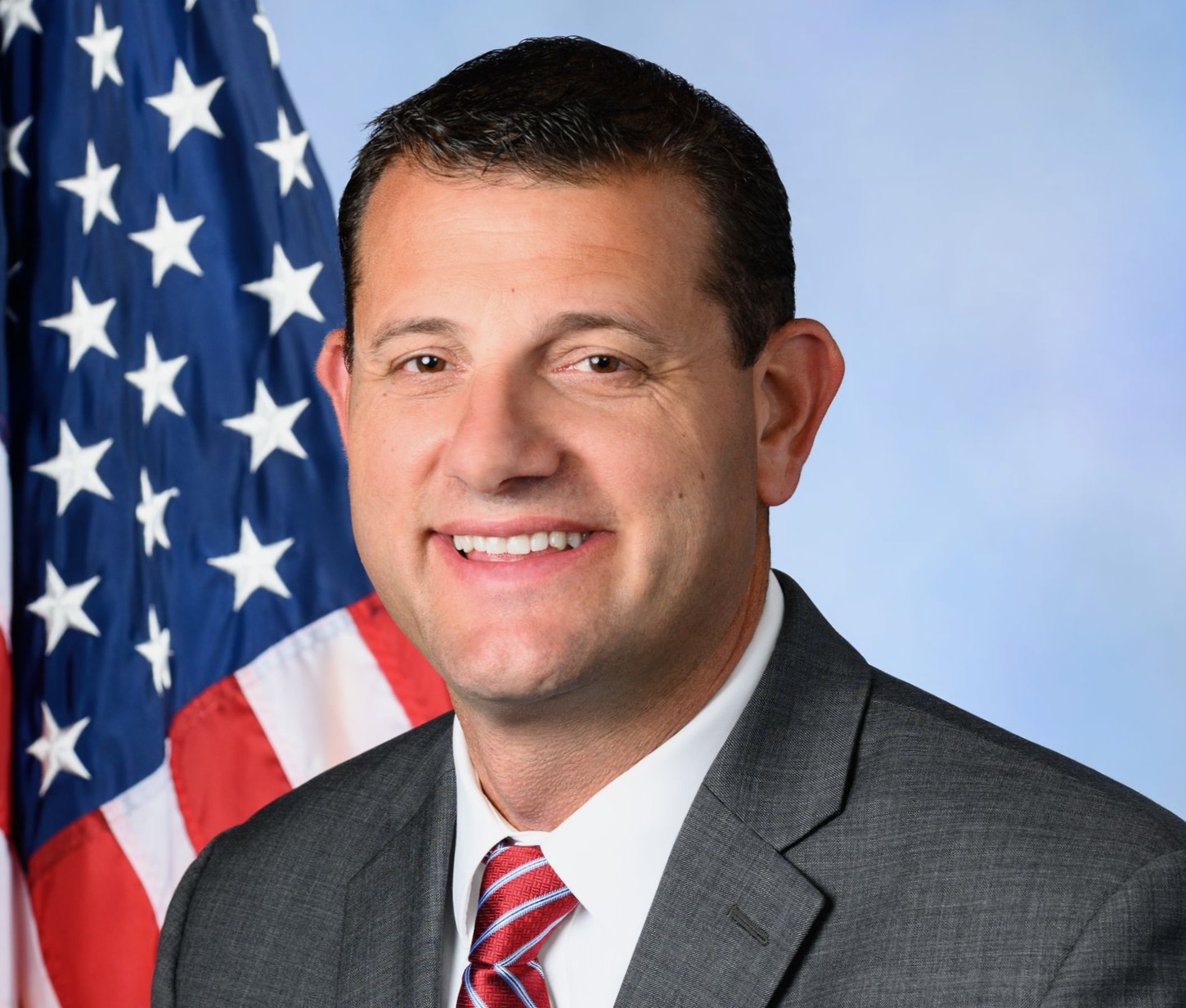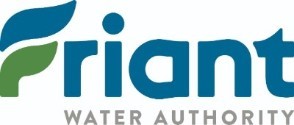Extreme Heat Advisory
Dear Friends,
I want to make sure everyone stays safe from the heat this week, and to stay updated subscribe to my email list.
The National Weather Service has issued an Excessive Heat Warning beginning this morning and continuing through the 4th of July weekend. Consistent high temperatures over 110 degrees Fahrenheit will persist until next Wednesday, with little relief overnight.
Even though we’ve lived through many heatwaves before, don’t become complacent and let this one catch you off guard. As we come together to celebrate our country and Valley, let’s look out for each other.
Lastly, elevated temperatures are likely to occur multiple times this summer and fall, so this message provides information about resources like cooling centers in Stanislaus, San Joaquin County, Merced, Madera, and Fresno Counties.
Here are the signs and symptoms of heat stroke.


















